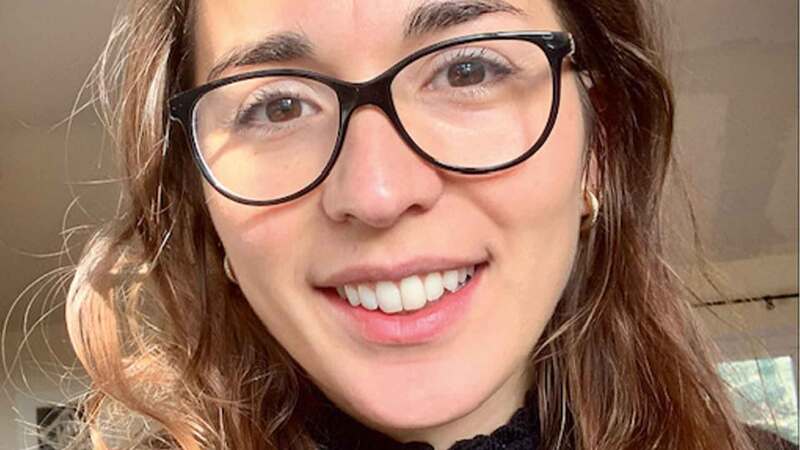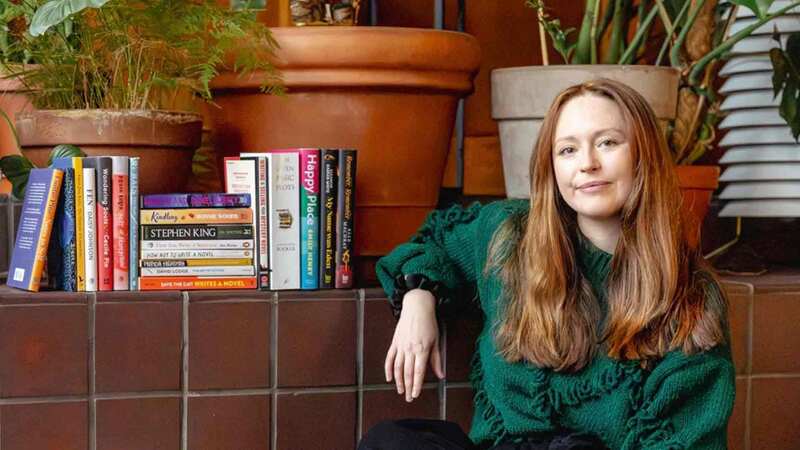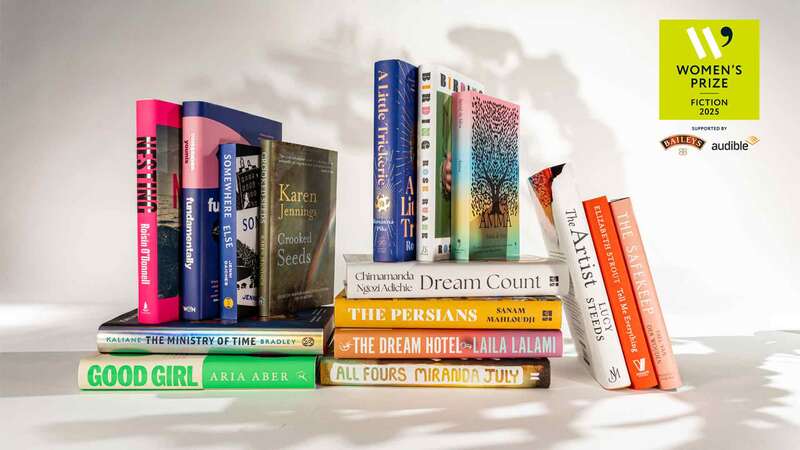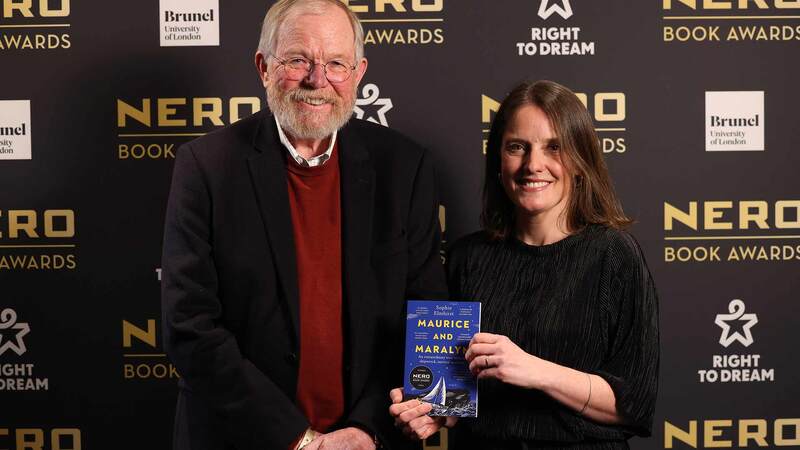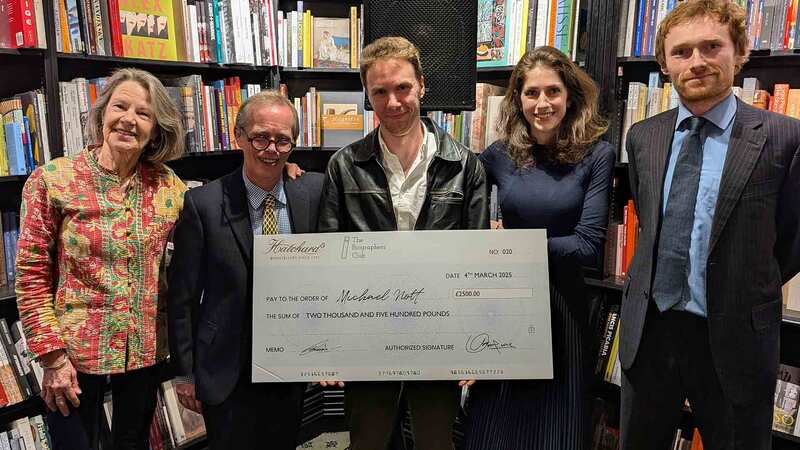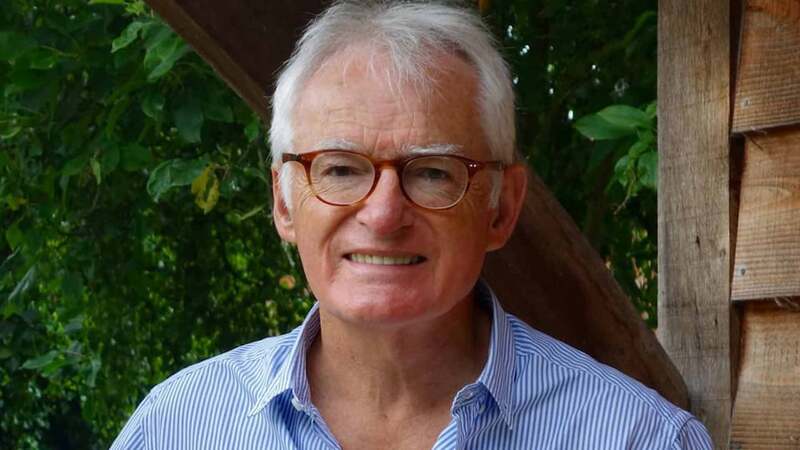You are viewing your 1 free article this month. Login to read more articles.
Wolfson Prize chief says award 'needs to change' following Oxbridge bias claim
The chief executive of the Wolfson Foundation, which administers the Wolfson History Prize, has admitted things "need to change" to improve the breadth and diversity of historians it recognises following claims it favours Oxbridge graduates and is elitist.
Paul Ramsbottom’s words come after Dr Benjamin Thomas White, a senior lecturer in history at the University of Glasgow, expressed his concerns in a widely shared series of tweets about the "narrowness” of the choices of shortlistees and winners.
White pointed out the "huge majority" of those who have historically made the shortlists are Oxbridge alumni, with more men being shortlisted than women, apart from in 2021 and 2022 where the gender balance is equal.
"Elitist is being generous – it seems a bit cosy, the way the prize is being awarded," White told The Bookseller.
"As a white male who did my PhD at Oxford, if I were shortlisted for this prize, I’d meet my own critique,” he said. “The very large majority of all historians in the United Kingdom are simply being disregarded, and that is my concern.”
White also said how several judges and winners in recent years were members of London’s Athenaeum private members club.
"This looks, to me, as if the most valuable history-writing prize in the UK does not reward the best history writing," he tweeted. "It actually rewards the most suitable Oxbridge graduate, preferably one we sometimes have lunch with at the club."
The award is the most lucrative history prize in the UK, with the winner receiving £50,000 and shortlistees awarded £5,000 each. Since it was founded in 1972, the Wolfson Foundation, which administers the prize, has given more than £1.3m to more than 120 historians. In 2017, the way the prize was administered changed to recognise one overall winner instead of two, and five shortlistees.
Ramsbottom told The Bookseller the prize had changed its model in 2017 to introduce a range of "diverse voices". However, this year an all-white judging panel, all four of whom completed their undergraduate degrees at either Oxford or Cambridge, has produced an all-white shortlist, where four out of the six are Oxbridge alumni.
Ramsbottom reiterated the foundation is keen to be part of "wider dialogue" encouraging greater representation in the field of history, particular at a scholarly level. He added he had been “very struck” by a 2018 report from the Royal Historical Society entitled Race, Ethnicity & Equality in UK History, which highlighted racial and ethnic inequalities in the teaching and practice of the subject in the UK.
He said: “It was really sobering in showing how minoritised groups are – in every area of history – more than 90% of university historians are not from minoritised backgrounds.
"We have to acknowledge two things – there are definitely more things we can be doing and should be doing, and we want to be part of that wider conversation between universities, publishers and independent authors. To some extent we can throw a light on to diverse voices, but as a prize, hard as you try, when the whole system isn’t diverse enough, it is difficult. Having said that, I’m certainly not complacent. There are things we can be doing and should be doing to make the situation better."
This summer, the charity will be hosting a number of events as part of its 50th anniversary year and Ramsbottom hopes to increase accessibility for the celebrations.
"The 50th anniversary is a really good opportunity for us to be [part of] the dialogue," he added. "The prize announcement itself will be streamed and have open access, and across the summer we’re having a number of events [exploring] not just the past but the future of history writing, with a genuinely diverse line-up of voices. I think that will be a really good opportunity to reflect the outcome of 50 years of writing.
"As a prize, to some extent you reflect the status quo, but you can also help shape the conversation about what history writing needs to look like for the next generation".
Prior to the The Bookseller’s conversation with Ramsbottom, the c.e.o. had been in touch with White and will be having a discussion about the prize and its direction.
Ramsbottom said: "I’m very keen to get his perspective and input and keen to get his feedback and feed it into our process. Things need to change."






